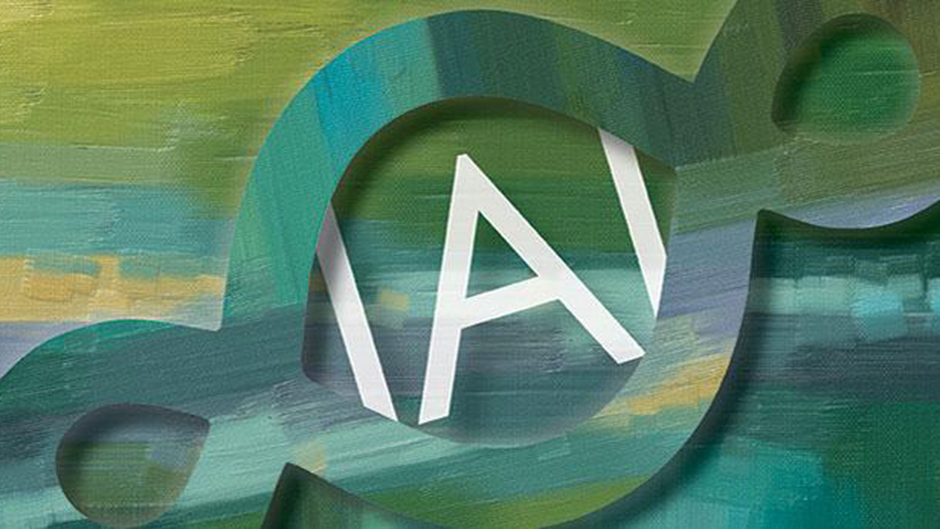CORAL GABLES, Fla. (March 13, 2017) – How cryptocurrency can provide solutions in the resolution of conflict is the focus of the 2018 Global Legal Institute for Peace Conference at the University of São Paulo on Wednesday, March 14.
The University of Miami International Arbitration Institute teams with the Global Institute for Peace and the Conflict Resolution Center to present “Blockchain Revealed: Conflict Resolution at the Onset of the Fourth Industrial Revolution.” The conference is centered on international arbitration's historical evolution and how the next stage of its history can be sculpted by embracing blockchain technology.
Leading arbitration practitioners, academics, cryptocurrency experts, computer engineers, and representatives of the World Economic Forum will discuss what the future holds for the peaceful resolution of international disputes. The 2018 conference differs from similar events by emphasizing an approach of action rather than words.
The newly formed legal tech startup, Miami Blockchain Group, will unveil the Smart Arbitration & Mediation Blockchain Application, the first blockchain application being developed specifically for the international dispute resolution community.
“International arbitration has been crucial for international peace and economic growth, specifically because it provides the global marketplace with a mechanism to resolve disputes efficiently with due-process and in a manner of their own choosing,” says Alexander Fischetti, CEO and co-founder of the group and a member of Miami Law’s White & Case International Arbitration LL.M.
“However, in recent years, international dispute resolution systems have been faced with challenges that are causing the process to be increasingly time-consuming and expensive for the parties involved, which hinders international trade relations. Our goal in developing SAMBA is to address these challenges with blockchain-based applications to reinforce the idea that efficiency in international dispute resolution is essential to the functionality of the global economy,” Fischetti says.
The New York Convention is one of the most important treaties in international trade, with an emphasis on how the international community benefits from a mechanism to resolve disputes peacefully. The discussions will probe the lessons learned with respect to arbitration's legacy from the first industrial revolution towards the fourth industrial revolution. The speakers will discuss how these lessons can make a positive impact on dispute resolution in a changing global marketplace, which is impacted by the ongoing digital revolution.
“If the international community sees profit in peaceful commerce, it is less likely to disrupt global trade by fighting wars,” said Marike Paulsson, vice president of GLIP & CRC and director of Miami Law’s International Arbitration Institute. “That was the thinking after the devastation of World War I. GLIP is built on that premise.”
Apart from the unveiling of SAMBA, the conference will feature the launch of a working group by GLIP with the support of the University of Miami and the University of São Paolo. The working group will conduct empirical research and focus on scholarship in relation to the Fourth Industrial Revolution and the use of technology in peaceful commercial and alternative dispute resolution. Paulsson will be concluding the conference with resolutions drafted for GLIP and Miami Blockchain.

